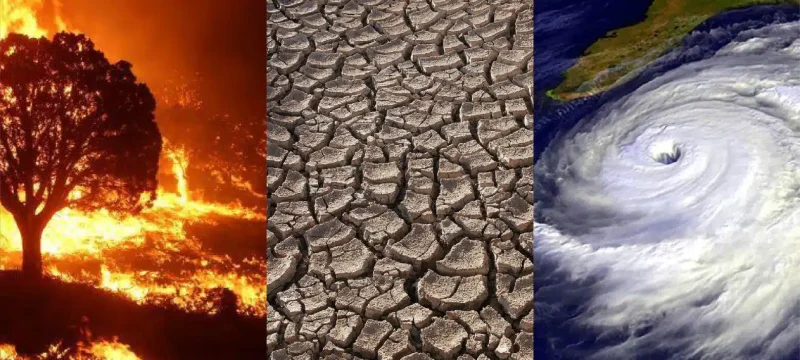In Islamabad, a consensus emerged among policymakers, government officials, climate change experts, researchers, and civil society organizations regarding the imperative of fostering sustainable population growth to counteract the adverse effects of climate change, particularly on vulnerable women.
This consensus was distilled from discussions held during the dissemination event of a groundbreaking research study titled “Climate Change and Population Linkage: Analyzing Adaptation and Resilience Strategies in Sindh, Balochistan, and South Punjab.” The Population Council conducted this study with support from the UNFPA in response to the unprecedented floods of 2022 that wreaked havoc in three provinces of Pakistan. The focus areas of the study were districts Khairpur Mir, Rajanpur, and Pishin, which bore the brunt of the floods. The research sought to shed light on and document the vulnerabilities of women exacerbated by climate change-induced disasters.
Also Read: Climate Finance Accelerator Roadshow Showcases Innovative Pakistani Projects
Dr. Ali Mir, the Senior Director of Programmes at the Population Council, underscored the disproportionate impact of climate change on women’s lives in his welcome remarks. He pointed out that women are particularly vulnerable due to a confluence of social, economic, and cultural factors. Despite Pakistan having one of the world’s lowest carbon footprints, it remains among the top ten countries most susceptible to extreme climate events. The devastating floods of 2022, which displaced up to 33 million people, caused 1700 fatalities, and inflicted massive damage to infrastructure, exemplified this vulnerability. Dr. Mir emphasized, “Women are often the most vulnerable to climate change due to social, economic, and cultural factors, such as limited access to resources, information, and decision-making.”
The study highlighted the urgent need for sustainable population growth as a proactive measure to mitigate the impacts of climate change, especially on women. Sustainable population growth, as advocated by the experts, involves strategies that balance population size with the available resources, ensuring a harmonious coexistence that fosters resilience against climate-induced challenges.
Furthermore, the research emphasized the importance of analyzing adaptation and resilience strategies in the regions severely affected by climate change. By focusing on districts like Khairpur Mir, Rajanpur, and Pishin, the study aimed to provide a comprehensive understanding of the unique challenges faced by women in these areas. This localized approach allows for tailored solutions that address the specific needs of vulnerable populations.
Dr. Mir’s remarks underscored the multifaceted nature of climate change impacts, encompassing social, economic, and cultural dimensions. The call for sustainable population growth goes beyond a numerical perspective, acknowledging the intricate web of factors contributing to vulnerability. The interplay of limited access to resources, information, and decision-making power amplifies the challenges faced by women, necessitating holistic solutions that address the root causes.
In conclusion, the dissemination event of the research study served as a platform for diverse stakeholders to align on the pressing need for sustainable population growth as a key component of climate change resilience. The study’s focus on vulnerable regions and populations underscores the importance of nuanced, context-specific strategies in fostering adaptation and resilience. As Pakistan grapples with its vulnerability to climate change, the insights from this research provide a foundation for informed policies and interventions geared towards safeguarding the well-being of women and communities in the face of environmental challenges.





